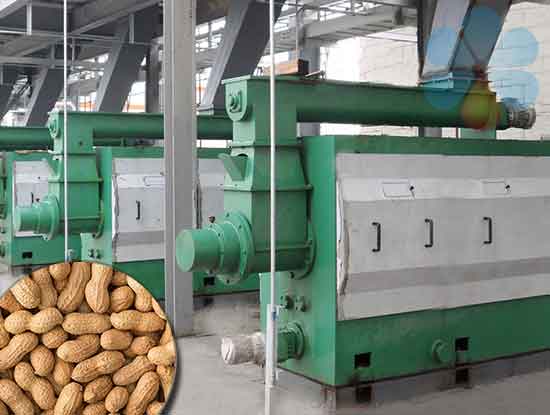Usually, when pressing peanut oil, the shell needs to be peeled off, cleaned, and then put into the peanut oil press for pressing. The oil is clean and clear, which is in line with the health awareness of many people nowadays. Therefore, directly pressed peanut oil is becoming more and more popular among consumers. However, many friends also have concerns. Is it better to press peanut oil with shell or without shell? Which method is more suitable for friends who are new to this industry?

In fact, the difference between shelled and unshelled pressing is in the oil yield. Under normal circumstances, the oil yield of peanuts per 100kg is about 50kg of oil. The oil yield of the peanut oil press is also closely related to the peanut itself. The fullness and dryness of the peanuts are also the key to determining the oil yield. Therefore, the oil yield of our ordinary peanuts can reach the effect of 1kg of oil for 2kg peanuts, but this refers to unshelled peanuts. So what is the oil yield of shelled peanut? The oil yield of shelled pressing can produce about 40kg of oil per 100kg of peanuts, because the peanut shell itself has weight, and in the oil pressing process, the peanut shell will also absorb a small amount of oil, so the oil yield of shelled pressing will be lower.
Based on the above introduction, believe that everyone has a further understanding of the shelled and unshelled peanut oil press. For more information about oil presses, please continue to pay attention to Huatai Oil Machinery.
Website: https://www.oilpresscn.com/
Email: info06@cnoilmachine.com


